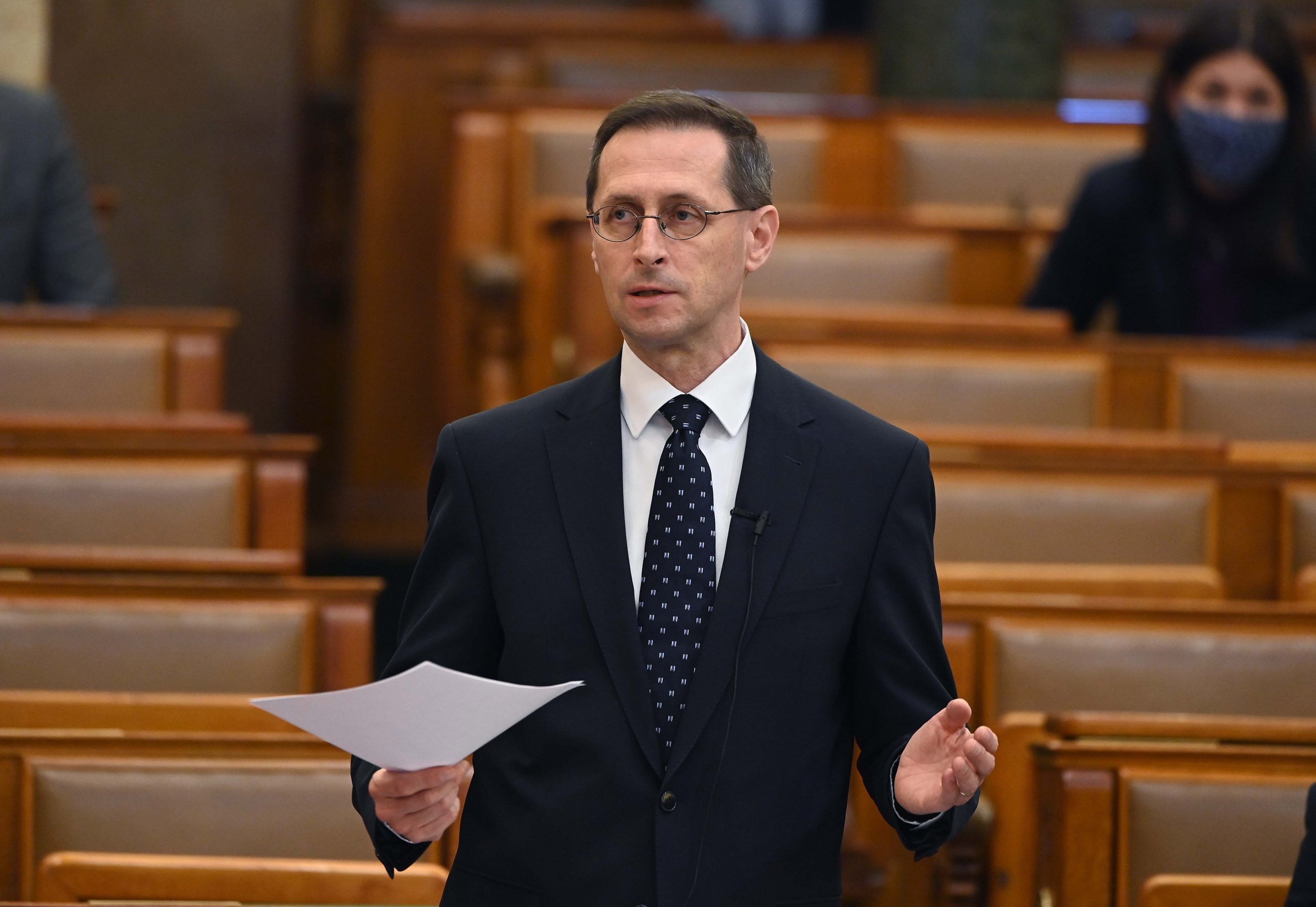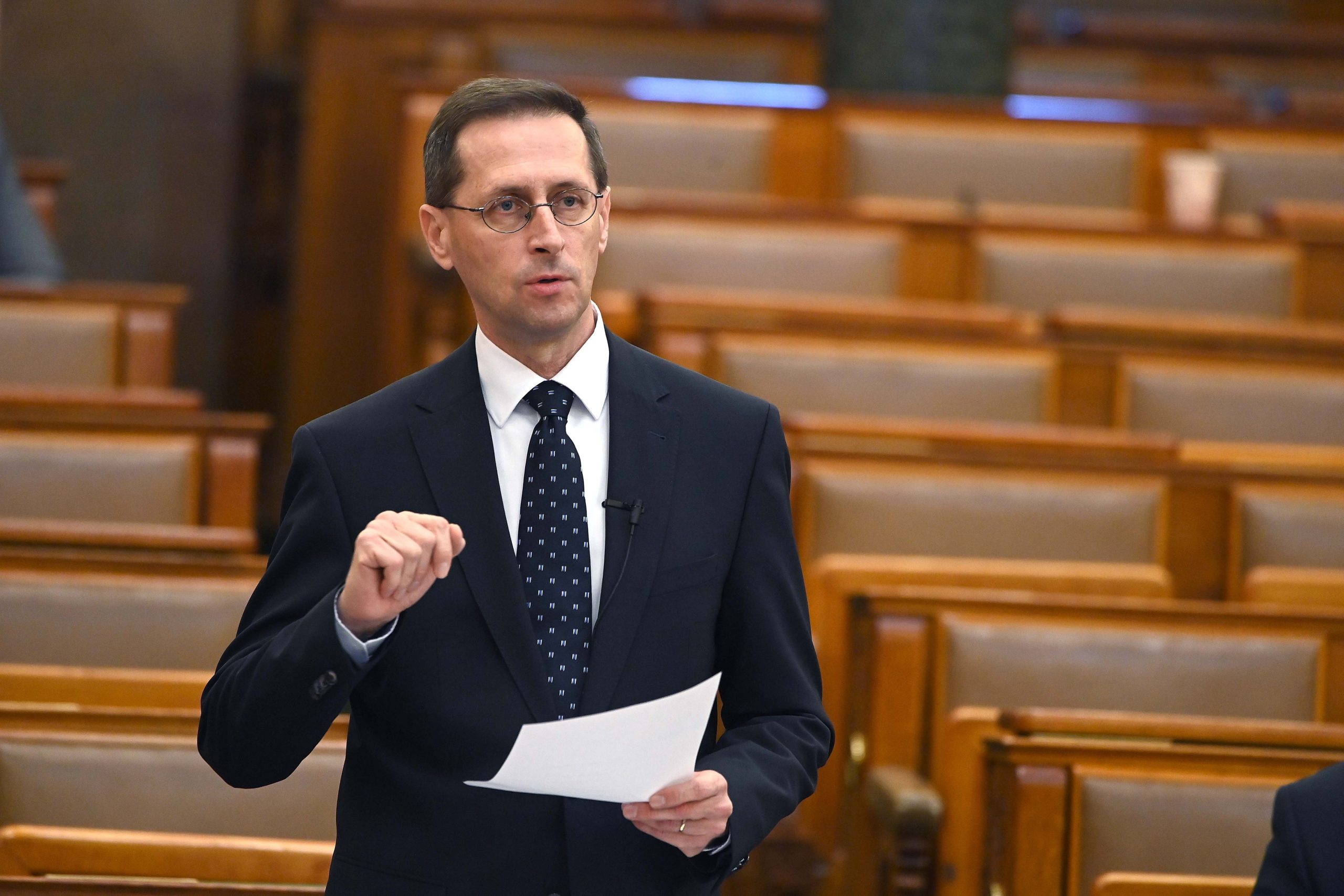
Hungary's budget deficit widened by more than 1,000 billion forints (EUR 2,7 billion) in November, meaning that the government now postpones projects worth a total of 350 billion forints.Continue reading

Mihály Varga, in an interview with pro-Fidesz daily Magyar Nemzet, said there is a high chance that Hungary’s public debt may be put back on a declining path.
The finance minister said the economy was likely to grow by more than 6 percent this year and the employment numbers were better than before the epidemic.
Also, “we’ve avoided huge private, household and corporate bankruptcies,” he said in the interview published on Friday.
Owing to the backdrop a decade of fiscal discipline combined with measures to boost growth, when the pandemic hit, the government had the means to provide wage and investment subsidies to offset the economic downturn, and without any external financial aid, the public finances raised 3,000 billion forints (EUR 8.1 billion), he said.
Like in in other European countries, the corollary was a spike in deficits and the public debt, he added.
Addressing criticism by former central bank governor György Surányi that the balance indicators had deteriorated, Varga noted that all EU countries were still under the cloud of the 2020-2021 economic downturn which, he said, was far worse than the previous global crisis in 2008-2009.
Comparatively, “Hungary isn’t doing badly,” he said, noting a debt-to-GDP ratio well below the EU average. Moreover, efforts are now being made to return it to a declining path, the minister said.
Having got off to a good start relaunching the economy, financing for public investments can be tapered, and the government has set a year-end spending ceiling while boosting this year’s financial reserves by 350 billion forints, Varga noted. Further, 755 billion forints has been bracketed in next year’s budget by postponing several public investments, with a smaller deficit and debt stock achieved as a result, he added.
He said postponing public investments would not dampen economic growth next year, which, he added, would be over 5 percent. With an investment rate of 27.5 percent, Hungary has the highest in the European Union, he added.
The government’s determination to improve Hungary’s balance indicators will stand the country in good stead when it comes to global economic risks ahead while improving the outlook of investors, Varga said.
featured image via Noémi Bruzák/MTI